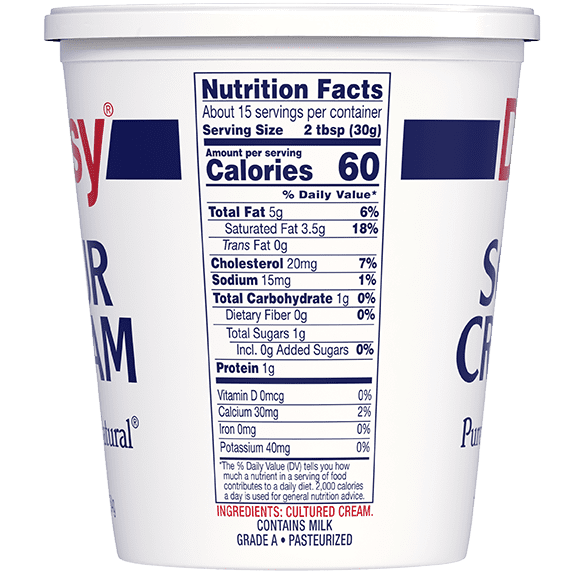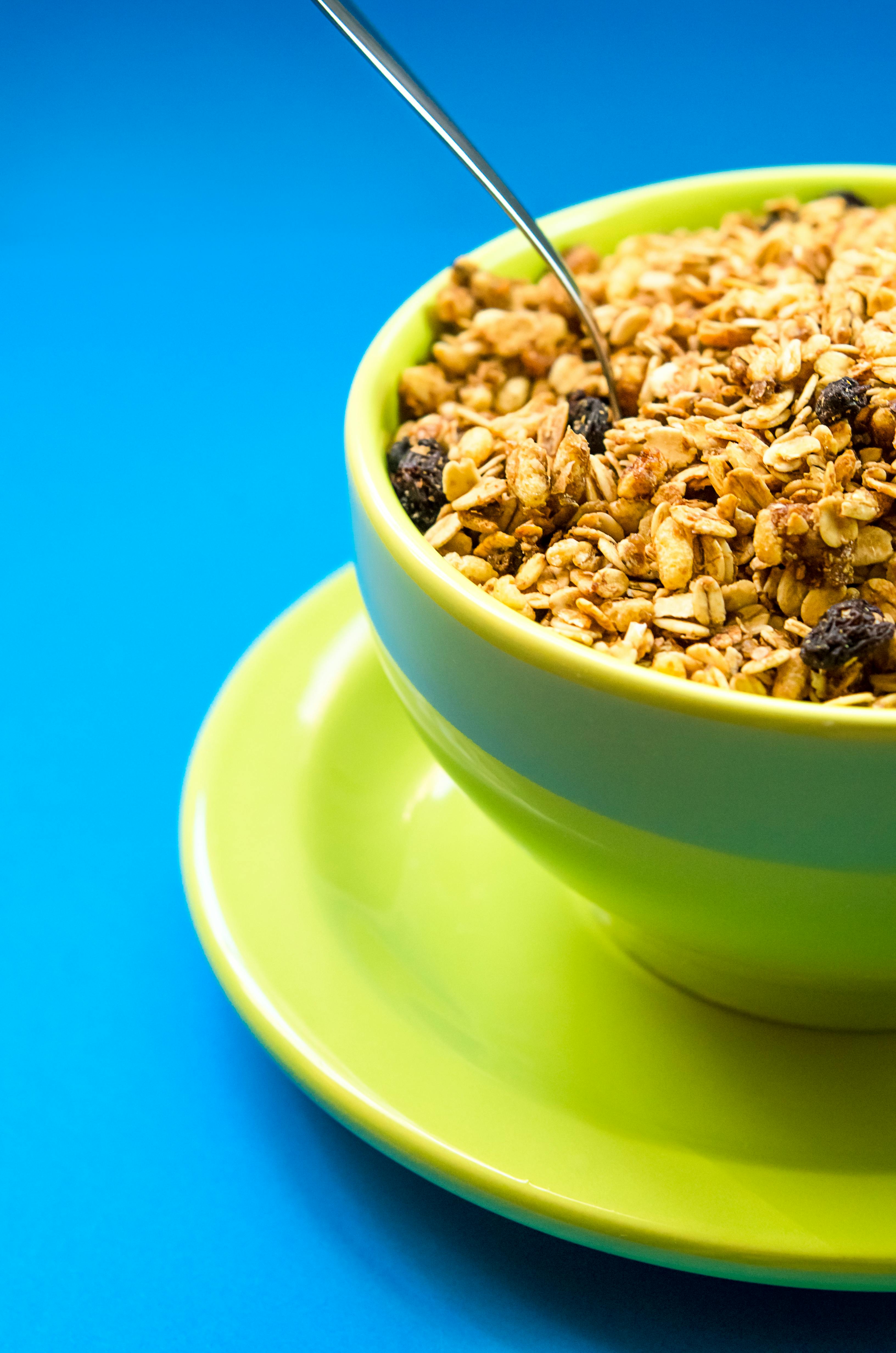
Apply Now


Understanding Diet Pepsi and Aspartame
Diet Pepsi has become a popular choice among soft drink consumers looking for a sugar-free alternative. One of the main sweeteners used in Diet Pepsi is aspartame. Understanding the ingredients in Diet Pepsi, particularly the role of aspartame, is crucial for consumers who are health-conscious or have specific dietary needs. This article will provide you with a thorough overview of Diet Pepsi, its ingredients, including aspartame, and the implications of consuming diet sodas. Diet Pepsi ingredients are essential to know if you're considering incorporating it into your diet. It's not just about taste; understanding what goes into your beverage can influence your decision-making process. For those who wonder, "does Diet Pepsi have aspartame?" the answer is a definitive yes. Recognizing the health aspects of aspartame is essential, especially with growing concerns around artificial sweeteners. Through this article, we will delve into the nutritional information of Diet Pepsi, explore the safety of aspartame, and discuss health risks associated with diet sodas. With a clear focus on these key areas, you will be better equipped to make informed choices about your beverage consumption.Analyzing the Ingredients of Diet Pepsi
Diet Pepsi's ingredients reveal much about its appeal and formulation. This low-calorie soft drink is sweetened with aspartame, which contributes to its calorie-free claim. Many consumers refer to diets sodas as "sugar-free drinks" due to the lack of traditional sugars. Let’s break down the primary components:Sweeteners in Diet Pepsi
Aspartame is one of the most widely discussed artificial sweeteners. In Diet Pepsi, it serves as the main sweetener, replacing sugar to provide sweetness without the calories. However, there's much debate around aspartame safety and its impact on health. Studies have produced mixed results regarding aspartame side effects, with some consumers reporting digestive issues or headaches, leading to concerns about its long-term effects. Interestingly, the body metabolizes aspartame into its constituent amino acids, which are found in many protein-rich foods. This has led to health professionals recommending moderation when consuming drinks with artificial sweeteners, including Diet Pepsi.Diet Pepsi Nutritional Information
The nutritional content of Diet Pepsi is significantly different from that of regular Pepsi. A standard 12-ounce serving of Diet Pepsi typically contains zero calories and zero sugars, primarily due to aspartame. In contrast, regular Pepsi can contain over 150 calories per serving from sugar. Understanding these figures plays a crucial role in the calorie-conscious consumer's dietary choices. The caffeine content in Diet Pepsi is another aspect that influences its popularity, as many people seek a slight energy boost from their beverages. A 12-ounce can of Diet Pepsi contains approximately 35mg of caffeine, which is lower than the caffeine content in regular Pepsi.Varieties of Diet Pepsi
Alongside the classic flavor, Diet Pepsi offers various flavors that appeal to different taste preferences. These varieties often include unique ingredients and flavoring agents, catering to a broader market. However, consumers might wonder whether the health implications remain consistent across these flavors. Whether it’s Diet Pepsi Vanilla or Diet Pepsi Lime, the foundational ingredient—aspartame—remains the primary sweetener across the board. With these insights into Diet Pepsi's ingredients laid out, let's transition to understanding how aspartame fits into the larger narrative of diet sodas and health.
The Safety and Health Risks of Aspartame
As consumers increasingly turn to diet sodas for their low-calorie benefits, understanding the associated health risks of artificial sweeteners, like aspartame, is critical. Numerous studies have explored the effects of aspartame, contributing to the ongoing conversations about diet soda health concerns.Evaluating Aspartame Safety
Health organizations, including the FDA and the European Food Safety Authority, have conducted extensive reviews on aspartame, establishing approved consumption limits. The consensus is that aspartame is safe for the majority of the population when consumed within guidelines. This provides some reassurance to those who enjoy Diet Pepsi, mitigating fears regarding aspartame toxicity. However, individuals with phenylketonuria (PKU), a rare genetic disorder, must avoid aspartame due to its phenylalanine content. For the general public, understanding aspartame consumption guidelines can help balance dietary choices, ensuring enjoyment of beverages like Diet Pepsi while monitoring overall intake.Health Risks Associated with Diet Sodas
Beyond aspartame, the consumption of diet sodas has raised various health concerns, particularly regarding metabolic effects and weight management. Research indicates that while diet sodas may aid in short-term weight loss, habitual consumption could lead to increased cravings for sweet and high-calorie foods. Studies have shown correlations between diet soda consumption and health issues such as obesity, metabolic syndrome, and dental health concerns. As consumers grapple with the health ramifications of Diet Pepsi, it's vital to weigh these potential risks against the desire to cut calories from beverages.Consumer Opinions on Aspartame and Diet Sodas
Consumer opinions on aspartame vary widely, with some praising its role in calorie management and others voicing concerns over health risks. This divide influences market trends, affecting how brands like Diet Pepsi advertise their products. Their marketing campaigns often emphasize the benefits of being sugar-free while addressing consumer queries about aspartame in a transparent manner. Understanding these consumer trends is crucial for effectively navigating the soft drink landscape, particularly when considering lower-calorie options. With awareness built around safety and public opinion, the next step is exploring potential alternatives to Diet Pepsi that may fit more naturally into a health-conscious diet.